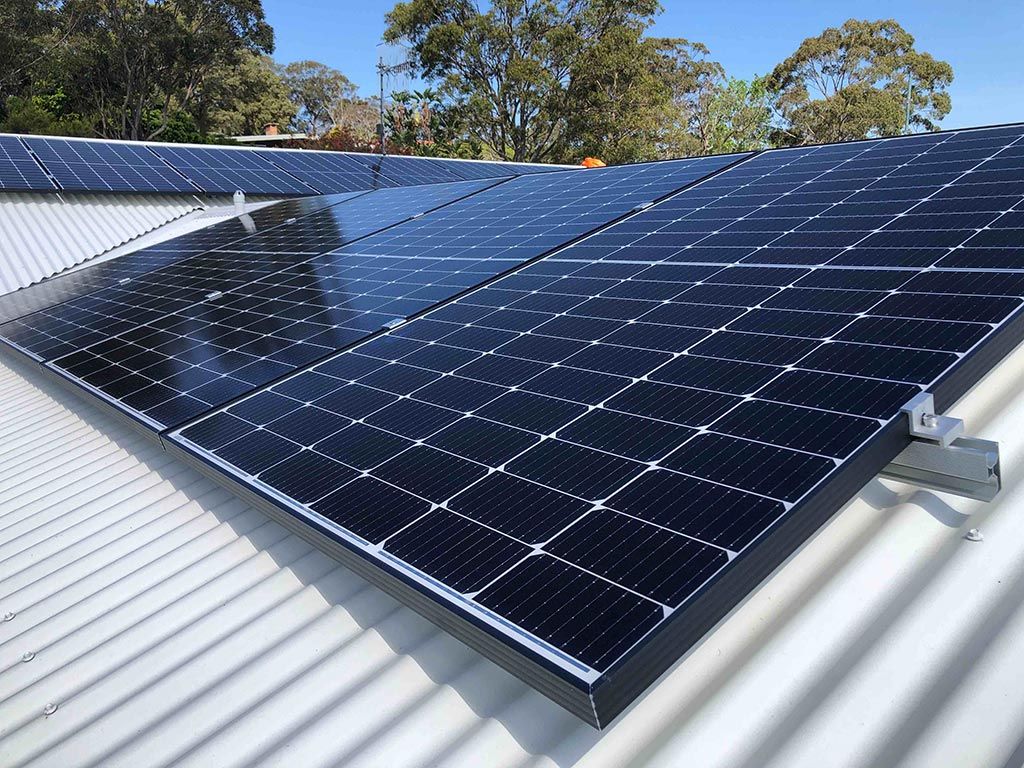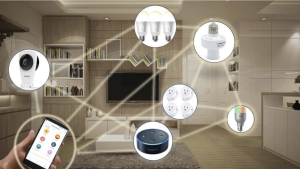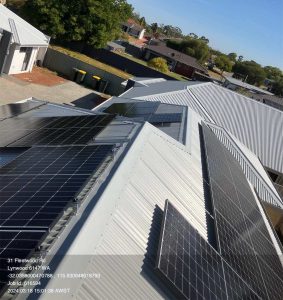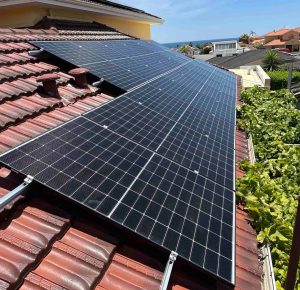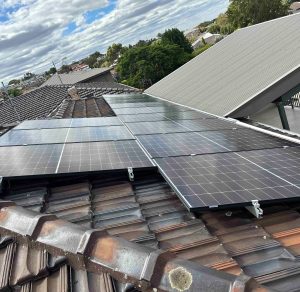Your solar power is not meeting the energy requirements to power your home or business? Then, it is the right time to think about upgrading your solar system. An Upgrade can be either a repair or an alteration.
It is recommended to get an expert opinion to fix whether your system needs a repair or an alteration. Repair means bringing back the initial standards that existed while the system was installed. If your electricity usage has increased, for example, you have added new appliances to your home, and then you can think of altering the solar system.
Currently, Australia witnesses a bigger solar panel hit in the form of solar power system upgrades. This phenomenon aroused due to the solar rebates were twice as generous for the first 1.5kW of any system until the mid of 2012. Hence, Australia had been considered the smallest average installed system size in the world. However, an average Australian household can’t meet their energy need with a 1.5kW system that produces about 6kWh of electricity per day.
There are a number of steps you can take to check that any additional investment in solar is worthwhile. The primary thing that has to be done before upgrading your solar system is to check the performing condition of the system, assess the degradation rate, and figure out your energy need.
Review your existing energy usage
Before stepping into upgrading the solar system, you should review your existing energy usage. This will be helpful to compare it against the power generated by your solar system. It will be ideal to take the time to understand how much power you use and when you use it. While there are certainly optimum times to use your appliances, depending on where your solar panels are located on your roof.
There are a number of gadgets available in the market to monitor your energy usage. You can monitor your solar panel’s performance via an app. In addition to that various types of sensors are available in the market to monitor the performance of solar panels.
Local governments often loan home energy audit kits with power monitors that gauge the power use of devices. One way of checking how much power you are using is by adding up the power used for all of your devices.
Look at the label on the electrical device which indicates the number of watts the device uses. If necessary convert watts to kW (the unit of power used on your bill) by dividing by 1,000. Multiply that by the number of hours it runs in a day to get an indication of the total power used. It will be helpful to fix the requirements of solar system up-gradation, once you have a thorough understanding of your energy use and your energy need.
Checking your solar panel’s output is also an important step before moving to the solar system upgrade. You should make sure that your solar system’s power production is near its rating. As a thumb rule, you should get around 80% of the rated output.
Plan your future electricity usage
After figuring out current energy usage in your home, it is then time to prepare a future electricity usage plan. You can chart out a plan by asking three primary questions. Is the energy consumption increased? Is the size of the household expanding or are you changing how often you are at home during the day? Are you considering battery storage or is an electric vehicle something you are interested in? These factors can significantly change the amount and timing of power use in your home, changing your optimum solar power supply arrangements.
By figuring out the existing energy usage and future energy demand, you can easily calculate how many additional panels will be required. It would recommend considering low-cost and easy-to-implement efficiency measures to reduce energy usage and to get the maximum benefit of the solar system. For example, you can consider using highly efficient appliances for maximum energy conservation. Similarly, switch over to energy-efficient lighting, and LED light bulbs. These small steps will contribute greatly to reducing the demand for solar or power from the grid.
Professional Inspection of the solar system
Physical inspection of the solar system by an expert is recommended to check the performance of the system. An expert can tell you whether you need to add PV panels to meet your energy need or a simple repair can go a long way. You may be seeing decreased efficiency due to panel failure or inverter failure. Sometimes, you just want to add battery storage. The expert can also suggest that you need to add or replace a couple of panels to increase the energy output. Sometimes, it is recommended to replace the entire system. In short, a physical inspection by an expert will be helpful to upgrade your solar system according to your energy requirements.
Challenges when upgrading the existing solar system
The primary requirement to consider while thinking about upgrading your system is whether you have enough space to add more panels. One major challenge to an upgrade is incompatible hardware. For example, if you are decided to upgrade your solar system by adding more panels, then it is important to confirm that the inverter is capable of handling the extra power. You can also consider solar panels fitted with micro-inverters. Moreover, it is important to check the solar system size limits in your place.
A nominal maximum system size applies in most of the states. Another factor that needs to be considered is the Feed-in Tariff will be retained while upgrading the solar system. In some cases, your existing Feed-in Tariff agreement could be canceled while upgrading. You should check with the rules that apply to Feed-in Tariffs.
Get multiple quotations
It is preferable to get quotes from at least three professionals. Multiple estimates will give you a good idea of the average price range. If you need to remove the old panels, get the quotations for panel removal and new installations. Some solar installers provide both services. It is also important to select an experienced professional to avoid roof damage while removing the old system as well as maximum output for new installation.
Chinse Solar Panels or German Solar Panels! which is good?
Get a Free Quotation for a rooftop solar system and free onsite assessment

